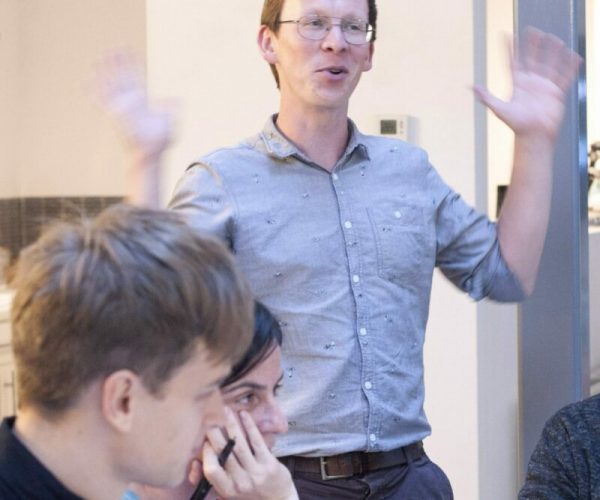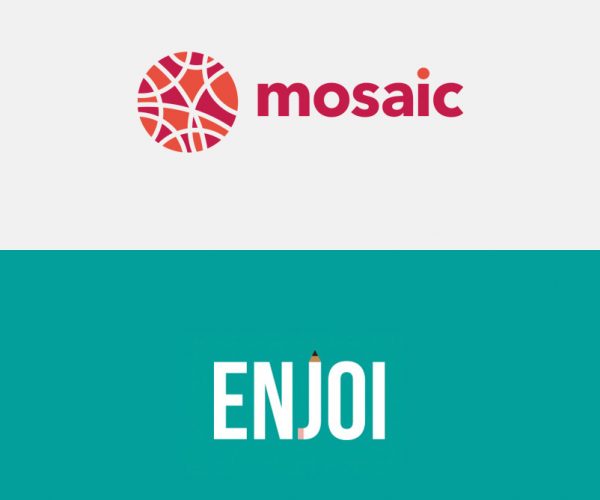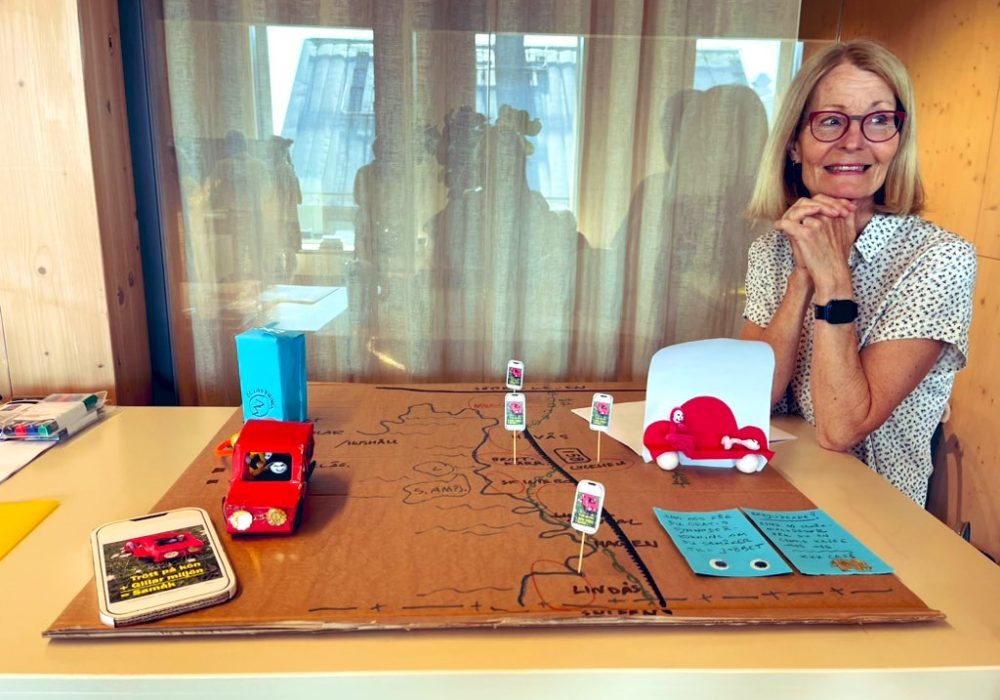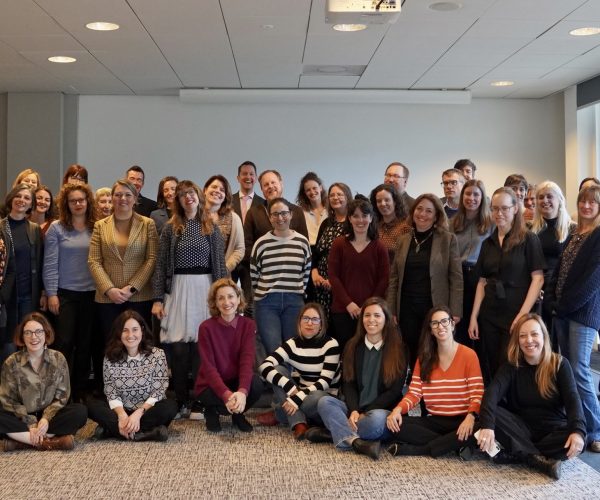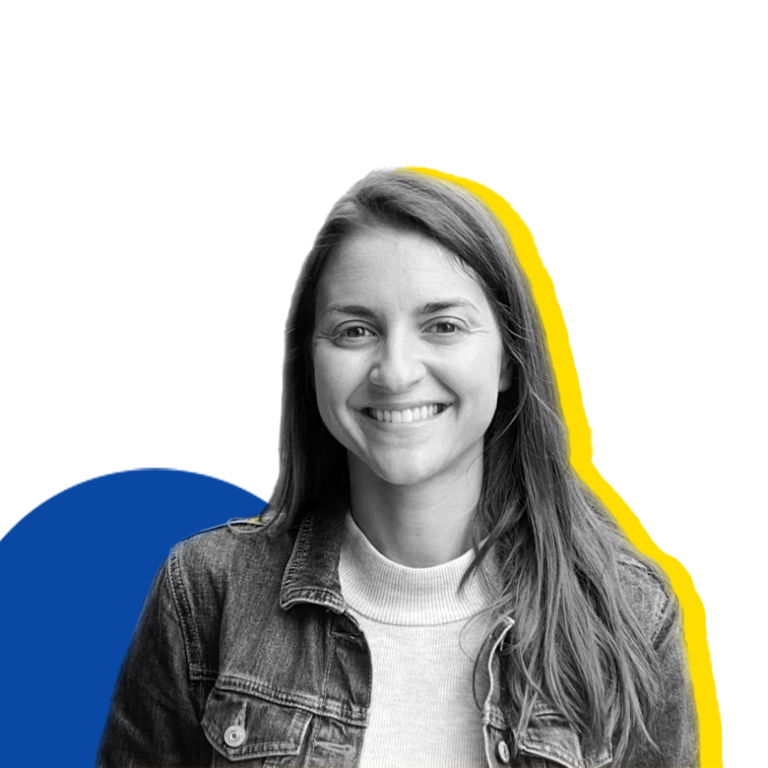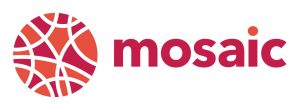
PROGRAMME
Horizon 2020 (H2020-EU.5. – SCIENCE WITH AND FOR SOCIETY)
DURATION
01/01/2021 – 31/12/2023
(36 months)
LINK
Everyday, we see science and innovation rising-up to face today’s pressing challenges. Europe is on a mission to deliver 100 climate-neutral and smart cities by 2030. Reaching this ambitious policy objective will only be possible through the active participation of multiple stakeholders from industry, policy, science and civil society sectors, through co-creation.
MOSAIC – Mission-Oriented SwafS to Advance Innovation through Co-creation – explored how quadruple-helix co-creation can strengthen innovation ecosystems and help cities address the complex challenges of climate neutrality. While the Science with and for Society (SwafS) programme built a strong knowledge base on public engagement and responsible research, the role of citizens in open innovation pathways remained underdeveloped. MOSAIC filled this gap by developing and testing a co-creation methodology tailored to mission-oriented contexts, with a focus on the EU Mission on Climate-Neutral and Smart Cities.
Two city pilots in Gothenburg and Milan provided concrete testbeds. In Gothenburg, citizens, companies, researchers and city officials worked together on sustainable mobility solutions; in Milan, the co-creation process centred on improving access to information on air pollution and its health impacts. These pilots demonstrated how inclusive, multi-stakeholder processes can generate solutions that are not only innovative, but also socially acceptable and aligned with citizens’ needs, providing inspiration for other Mission Cities across Europe.
Our role
Stickydot coordinated the MOSAIC consortium and was responsible for ensuring that co-creation was not just studied in theory but applied and tested in practice. We designed the overall methodological framework, led the implementation of the pilot activities, and guided the co-creation processes in Gothenburg (Sweden). Our facilitation brought together stakeholders from across the quadruple helix – policymakers, citizens, researchers and businesses – creating the conditions for meaningful dialogue and collaborative solution-building.
Beyond the pilots, Stickydot played a leading role in connecting MOSAIC with the broader Climate-Neutral and Smart Cities Mission community. We helped establish a Community of Practice of “mirror ecosystems”, bringing in over 20 additional cities to learn from the pilots, exchange experiences and explore how co-creation could be integrated into their Mission roadmaps. Through this dual role of hands-on facilitation and European-level networking, Stickydot ensured that MOSAIC results were relevant locally while also feeding into wider Mission strategies.
Outcomes
MOSAIC produced both practical tools and policy insights that continue to support Mission Cities. Central to this is the MOSAIC Co-creation Toolkit and Cookbook, which provide step-by-step guidance for practitioners seeking to embed co-creation in mission-oriented innovation. These resources were co-designed with project partners and tested in real contexts, making them both accessible and applicable to a wide range of urban challenges.
The project also delivered policy recommendations targeted at Mission Cities and EU institutions, highlighting the value of co-creation for tackling climate neutrality. Scientific publications and conference contributions further consolidated the evidence base on co-creation in innovation ecosystems. By the end of the project, MOSAIC had demonstrated that structured, citizen-inclusive processes reduce the risk of policy failure, foster societal trust, and help cities build more robust pathways towards climate neutrality.
Check out all open access MOSAIC resources on Zenodo, including the full co-creation toolkit and cookbook.
Related news
